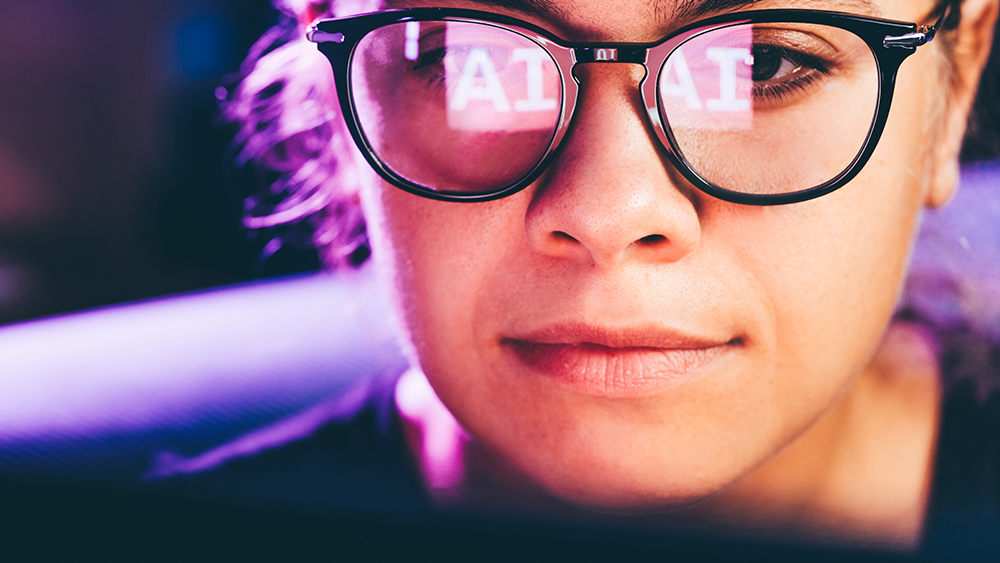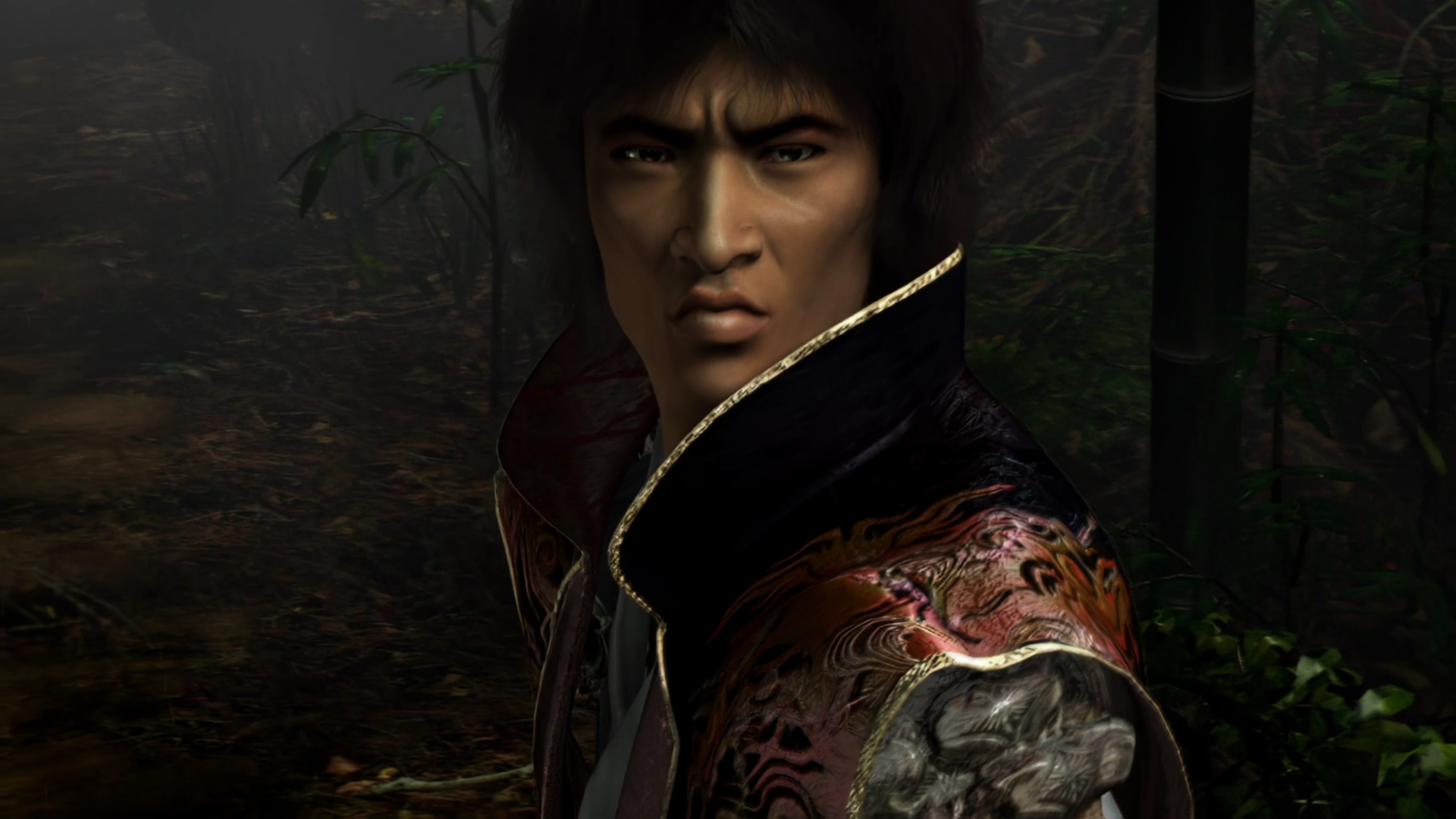
AI image generators remain controversial for several reasons. But beyond issues of copyright and quality, they're also causing a quandary for many young potential designers who are at the juncture where they need to decide what to train in.
Many of those interested in a career in design are wondering whether it's worth investing a significant amount of money in education if there's a chance that certain jobs may not exist by the time they complete their studies. Questions on the topic have generated some intense debate online, as seen in a recent post on the Design subreddit.
Do you think we will need graphic designers in the future ? from r/Design
The question from an undergraduate who wants to switch majors from computer science to design is typical of the concerns of many who are interested in studying design at the moment. What’s the future for those jobs, especially with ai growing so fast?" the user asks.
The question was met with plenty of reassurance, with the majority of those responding taking the view that graphic design jobs will continue to exist. One of the arguments is that many clients simply won't know what to ask an AI image generator to create, even if AI does become good enough to deliver quality results.
"Clients have no idea what they want," one person argued. "AI can't provide them with design they don't know they want." Another person added that some clients want – or even need – an "emotionally transactional interaction" where they correct the work of the designer".
Others had a more conceptual argument based on the purpose of graphic design as human-centred communication. "You will always need a human to interpret and adjust an AI design no matter how good it is," one person wrote. "What matters is the human experience and an AI can only guess as to how we will interpret something. That goes for the actual words to the visuals, which must convey emotion and speak to the human experience."
"The job may change and morph over the years but there will always be a need. People trust people and only people can design for people, there will always need to be that human touch," was another contribution, while one person quipped: "I've said this before, and I'll say it again: 'make it pop' won't yield the results clients are looking for if they try using AI."
Get the Creative Bloq Newsletter
Daily design news, reviews, how-tos and more, as picked by the editors.

Others see a problem for clients in the lack of control that AI provides. "Real design requires precise measurement and the ability to replicate, modify, etc. AI is nowhere near close to replacing graphic designers," one person said, while suggesting that it's a different story for digital artists. Others believe that small to medium companies driven on profit and with not much ethics will be happy to make do with AI tools but that this will also make human work more sought after.
On the other side, there are some recommending that the user stick with computer science, not because AI is going to render graphic design jobs obsolete but because the pay in an entry-level job will be better. Meanwhile, others suggest that computer science would be a very valuable addition to design on today's job market.
A veteran designer lamented not having studied computing, saying that not being unable to do much beyond the very basics with code had resulted in missed opportunities. However, others pointed out that jobs in coding are also likely to be impacted by AI. Another person predicted that the salary difference between designers and managers will become more pronounced.
Last month, we reported on a study of industry executives commissioned by a quartet of arts organisations to find out how people with power in film, TV and gaming think AI will change their human resources requirements. A quarter thought that graphic designers would be affected. Of concern for new students, most believed that across the creative sectors entry-level positions are the ones that are most vulnerable.
There's no definitive conclusion, and it's understandably a difficult time for anyone trying to decide what to study. More than ever, today's undergraduates have to approach their degree with a view that what they end up doing even a few years down the line could be very different from what they expected, but a firm theoretical basis in design concepts should be as valid then as it is now even if they tools and methods change.

Thank you for reading 5 articles this month* Join now for unlimited access
Enjoy your first month for just £1 / $1 / €1
*Read 5 free articles per month without a subscription

Join now for unlimited access
Try first month for just £1 / $1 / €1

Joe is a regular freelance journalist and editor at Creative Bloq. He writes news, features and buying guides and keeps track of the best equipment and software for creatives, from video editing programs to monitors and accessories. A veteran news writer and photographer, he now works as a project manager at the London and Buenos Aires-based design, production and branding agency Hermana Creatives. There he manages a team of designers, photographers and video editors who specialise in producing visual content and design assets for the hospitality sector. He also dances Argentine tango.
